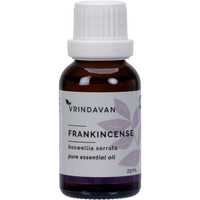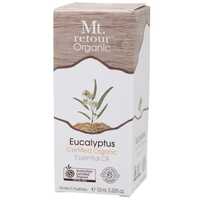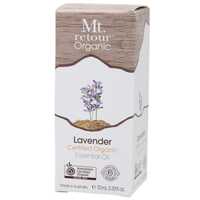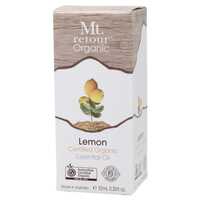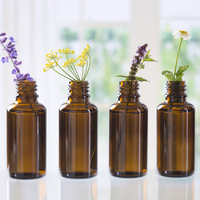Your friends have raved about them. You've read about their incredible benefits. And now you're ready to begin exploring the world of essential oils for greater well-being. There are definitely benefits to simply inhaling the essential oils directly from the bottle, but you aren't limited to that option. Try these alternate methods for additional ways to utilize your essential oils safely and effectively.
As a general rule of thumb, pure essential oils should not be applied directly to the skin without a carrier oil (e,g. jojoba). Undiluted essential oils are incredibly powerful and may cause skin irritations or burns without a carrier. Have a favorite unscented lotion or body wash? Add 2-3 drops of essential oils to customize your own relaxing, energizing, or grounding blend. Muscle soreness or fatigue? Add 2-3 drops of pure eucalyptus essential oil to unscented massage oil and massage into body aches to increase circulation and decrease soreness.
Take a bath! Add approximately 10-15 drops to a warm bath; dispense as the water is running to help disperse throughout the tub. Try lavender to promote relaxation and quality sleep. Feeling congested or under the weather? Peppermint or clove essential oil can help boost immunity and alleviate congestion. Many essential oils contain anti-inflammatory properties and can decreases muscular aches and joint pain.
Share the benefits of aromatherapy by using a diffuser. In most cases, 2-4 drops of essential oil are added to tap water. As it's diffused into the air, the entire room benefits from its specific properties: antibacterial (bergamot), decrease stress (grapefruit), alleviate mental fatigue (lemongrass). Choose a diffuser that's portable so it can be easily moved to various rooms or convenient enough for traveling. For e.g. the Mini Aroma Diffuser by Mt Retour
Most store-bought household cleaners contain questionable ingredients and/or synthetic fragrance. While laboratories may be able to conjure a scent similar to real lemon, they cannot recreate the benefits of pure lemon essential oil: antimicrobial, antiseptic, and antifungal. Since many essentials oils are also powerful disinfectants, reduce exposure to traditional toxic cleaners and make your own laundry detergent, countertop and bathroom cleansers, even furniture polish. Adding essential oils to common pantry items like white vinegar, baking soda, and liquid castille soap, can not only clean your home, but provide an aromatherapy boost for yourself.
Although some companies may indicate that their pure essential oils are safe to consume, this practice is never recommended without the guidance of a health care practitioner or certified aromatherapist. Ingesting essential oils may damage the liver or kidneys, burn the throat or esophagus, and may interact with prescription drugs. While essential oils have become ubiquitous over the past few years, their power should not be taken lightly. Using them properly (in any form) is imperative for your safety and best health.
*Essential oil information is not intended as an alternative to medical advice or treatment. Ask your health practitioner before adding essential oils to your well-being routine, especially if you are pregnant or nursing, or using on infants and children.
...and remember, qualified nutritionists at Healthy Being are available to offer further general advice to help guide you in selecting the right products. So please, feel free to contact us at anytime!
 Stefanie Rock is a Nationally Board Certified Massage Therapist and a regular contributor to HB Insights. A green living educator, she frequently facilitates presentations and has written hundreds of articles on creating a healthier lifestyle for yourself and the environment.
Stefanie Rock is a Nationally Board Certified Massage Therapist and a regular contributor to HB Insights. A green living educator, she frequently facilitates presentations and has written hundreds of articles on creating a healthier lifestyle for yourself and the environment.


 Certified Organic
Certified Organic Vegan Friendly
Vegan Friendly  Vegetarian
Vegetarian Organic Ingredients
Organic Ingredients Dairy Free
Dairy Free Gluten Free
Gluten Free Keto Friendly
Keto Friendly


























